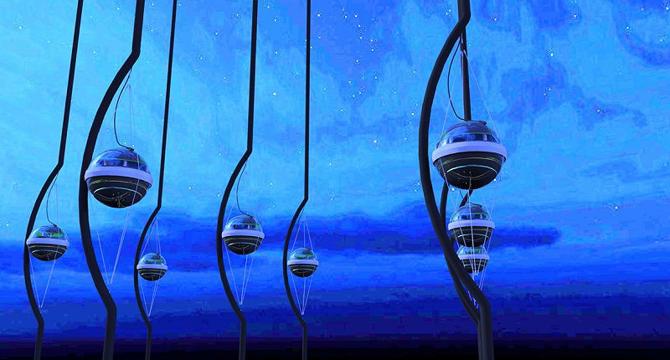Knowridge
1M
218

Image Credit: Knowridge
How the squid galaxy’s neutrinos defy physics
- The IceCube Neutrino Observatory in Antarctica detected very energetic neutrinos coming from a galaxy called NGC 1068, known as the Squid Galaxy.
- Scientists were puzzled by the lack of gamma-ray emission accompanying the neutrinos, leading them to propose a new theory involving the decay of neutrons in the galaxy's jets.
- The new model suggests that high-energy neutrinos might be produced from the decay of neutrons resulting from collisions between helium nuclei and ultraviolet light, challenging traditional ideas.
- This discovery opens up the possibility of hidden neutrino production in other galaxies and provides insights into the forces surrounding supermassive black holes, advancing our understanding of the universe.
Read Full Article
13 Likes
For uninterrupted reading, download the app